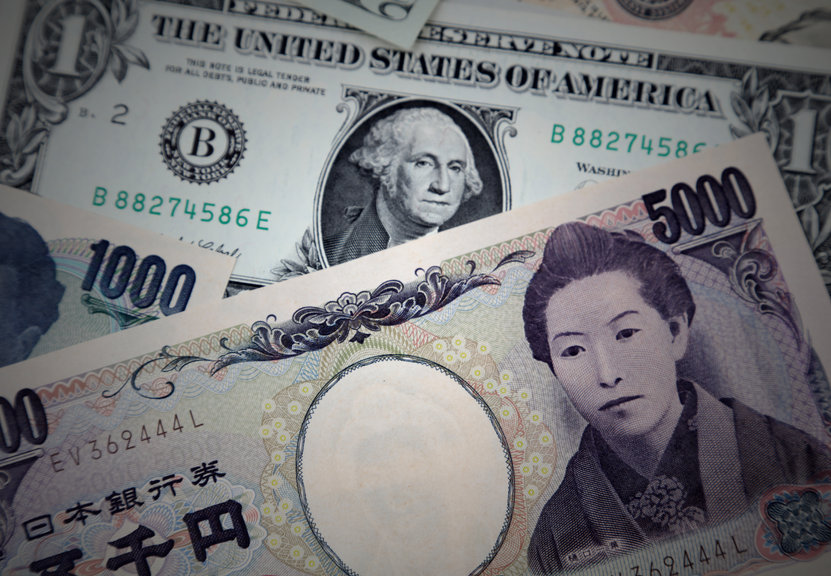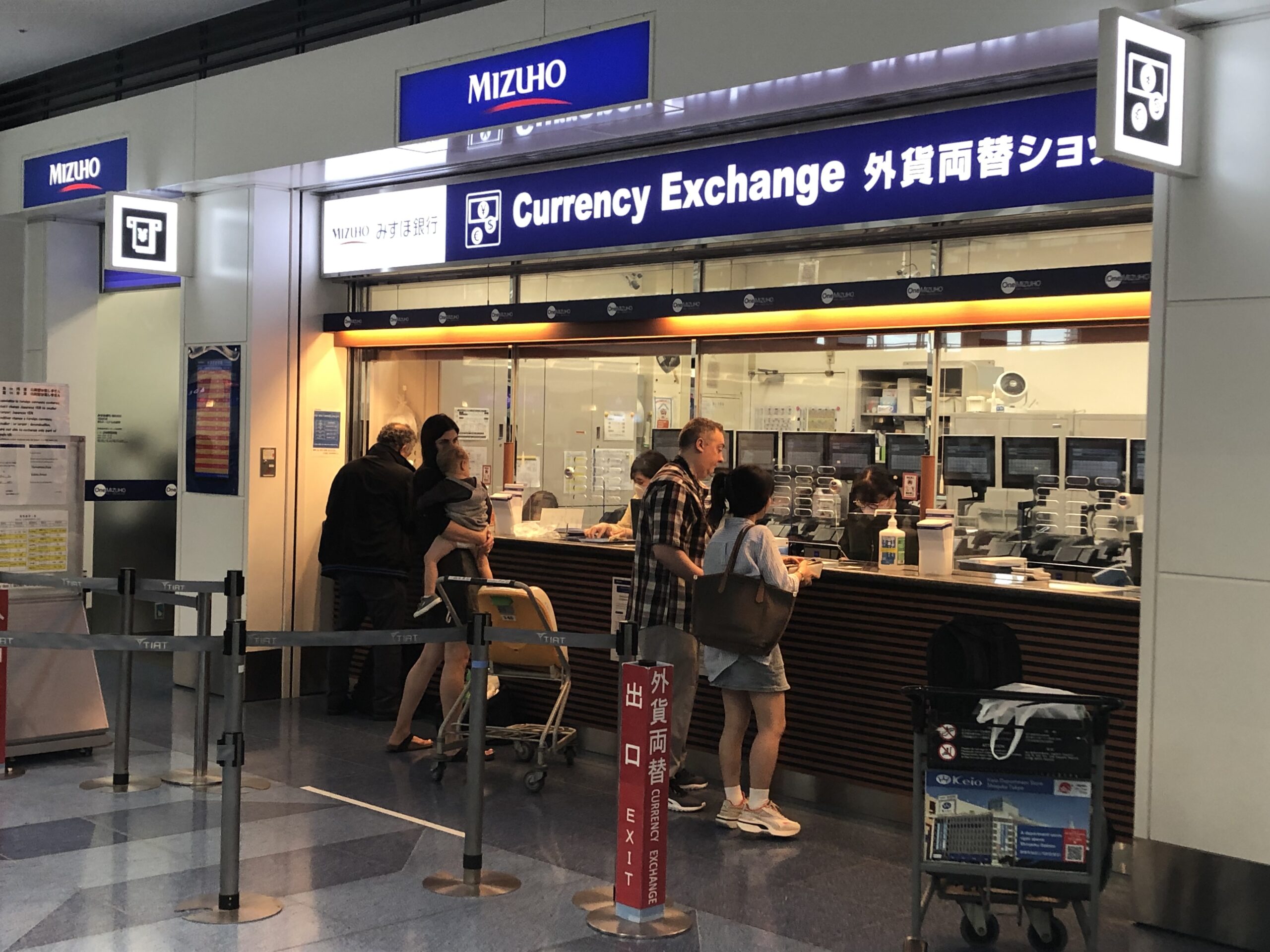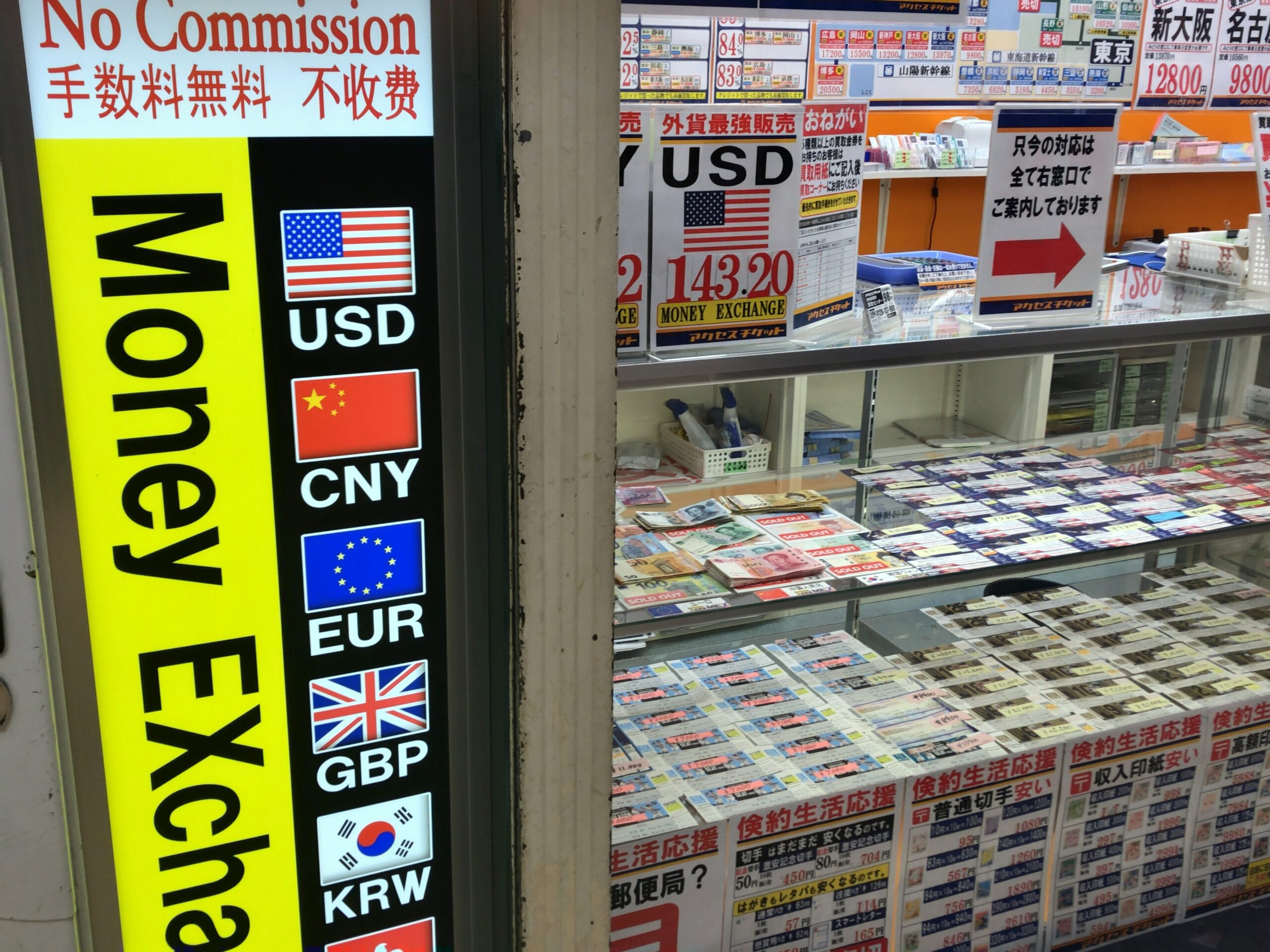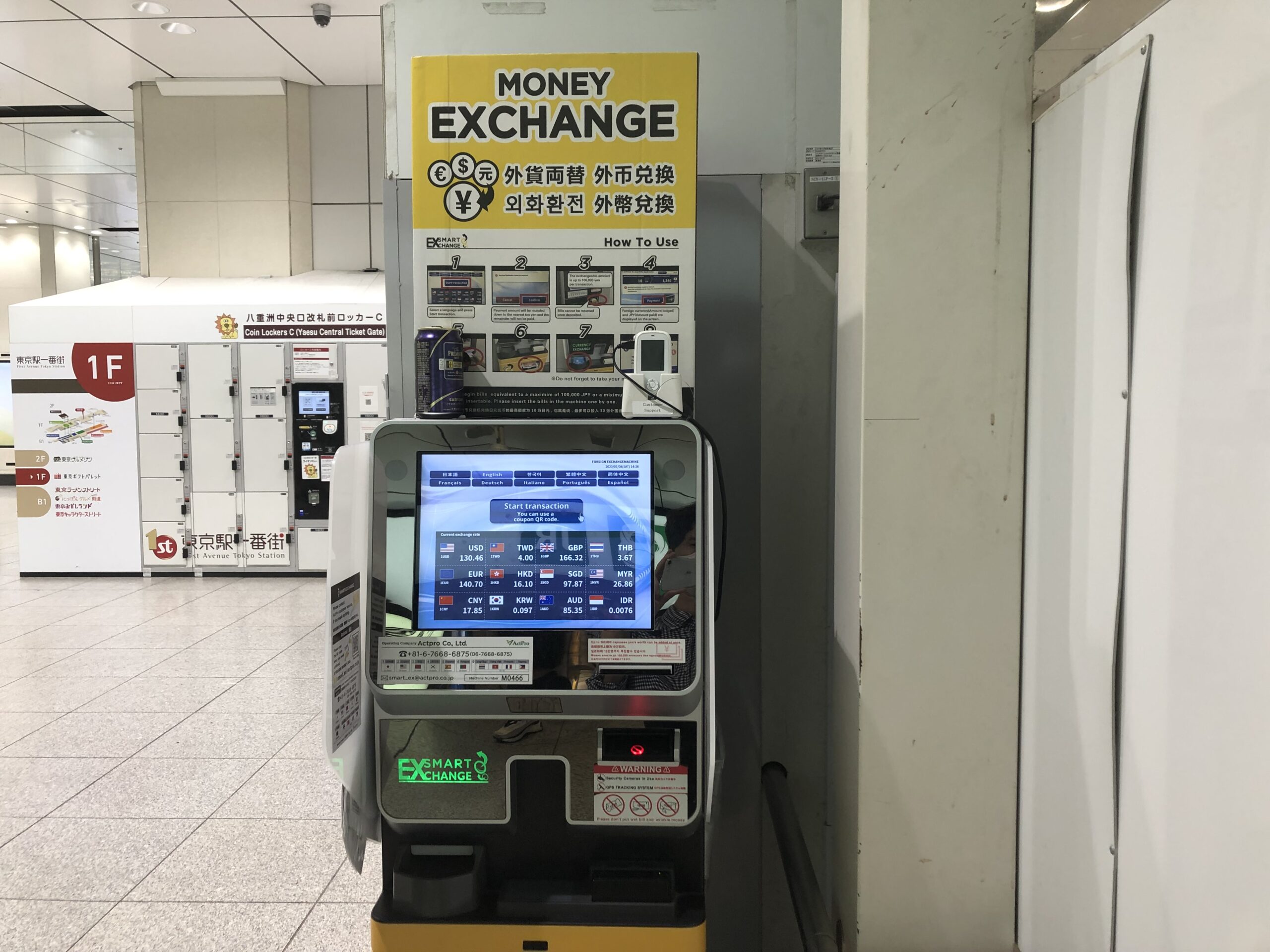Best Place to Exchange Currency in Japan

Best place to exchange currency in Japan
Uncovering Japan’s Top Spots for Currency Exchange
Embarking on a journey to Japan, a land filled with breathtaking landscapes, bustling cities, and rich cultural history, often brings up the question: What’s the best place to exchange currency in Japan? Navigating through the array of currency exchange options might seem like a daunting task, but fret not. This article is designed to unveil Japan’s top spots for currency exchange, allowing you to manage your travel budget efficiently and seamlessly
Your Banking Institution Back Home
The journey to the best currency exchange starts even before you board your flight. Reach out to your home bank to find out if they have affiliations with Japanese banks, as this could lead to lower withdrawal fees abroad. Additionally, consider a credit card that boasts low or no foreign transaction fees for use on your journey.
Airport Currency Exchange Centers
Upon your arrival in Japan, the most accessible place to convert your currency is the airport. Both Narita and Haneda airports in Tokyo, along with Kansai International Airport in Osaka, offer an array of currency exchange counters. While rates may not always be the most competitive, the ease of access often justifies this choice.

Japanese Banks and Post Offices
In urban areas, reliable currency exchange services are available at Japanese banks and post offices. Banks may require a bit more time due to procedural necessities, so consider this if you are in a hurry. Japanese banks typically operate on weekdays from 9 a.m. to 3 p.m.
Currency Exchange Bureaus in Tourist Areas
In tourist hotspots like Shinjuku and Shibuya, you’ll find numerous currency exchange bureaus. Look for signs reading “Money Exchange” or “Foreign Currency Exchange”. These shops, such as Travelex and Daikokuya, provide competitive rates and quick service.
ATMs at Convenience Stores
For direct access to Yen, international ATMs at 7-Eleven stores, Japan Post Bank, and Citibank are quite handy. Keep in mind transaction fees and withdrawal limits. Also, double-check that your PIN is compatible with Japanese ATMs.
Online Platforms and Digital Wallets
Digital services like Revolut, Transferwise, and PayPal provide modern solutions to currency exchange. These platforms tend to offer more competitive rates than physical banks. Be sure to review transaction fees and the acceptance of these services at your destinations in Japan.
Discount Ticket Shops – Kinken Shops
A less well-known but effective avenue for currency exchange is at Japan’s discount ticket shops, locally known as ‘kinken shops’. They often offer rates that are more favorable than traditional currency exchange venues. You can find these shops in bustling areas such as Shinbashi and Shinjuku, and other locations like Shibuya, Ginza, and Ueno in Tokyo, as well as in major cities throughout Japan. While these multi-purpose shops mainly deal with discounted items like train tickets and gift cards, their currency exchange services are quite valuable.

Automated Currency Exchange
In addition to traditional currency exchange locations, Japan offers the convenience of automated currency exchange machines. These machines are commonly found in high-traffic tourist areas and are extremely user-friendly. Much like an ATM, these machines allow you to insert your home currency and receive Japanese Yen in return. They are typically equipped with multiple language options, making them a practical choice for travelers. While the rates might not be the most competitive, the convenience of these machines, particularly outside of typical business hours, makes them a worthwhile consideration. However, do keep in mind that transaction fees may apply and vary from machine to machine. As always, be sure to count your money and secure your belongings before leaving the machine.

Comparing Exchange Rates Across Various Locations
To give you a better understanding of the potential differences in exchange rates across various locations, let’s examine a snapshot of the exchange rates in several spots in the Tokyo area on a specific date, July 8, 2023.
Here’s how the rates looked:
| Location | Exchange Rate (Yen to the Dollar) |
|---|---|
| Discount ticket shop in Ginza | 139.07 |
| Travelex near Tokyo Station | 132.37 |
| Discount ticket shop near Tokyo Station | 140.19 |
| Automatic currency exchange machine | 130.46 |
| Mizuho Bank at Narita Airport | 141.49* |
As evidenced by these rates, there can be significant differences depending on where you choose to exchange your currency. For instance, on this particular day, Mizuho Bank Currency Exchange at Narita Airport offered the best rate*, closely followed by a discount ticket shop near Tokyo Station. In contrast, the automated currency exchange machine’s rate was lower. This snapshot underscores the importance of comparing rates across different locations to maximize your travel budget. It’s essential to note that these rates can fluctuate daily, so always check the current rates before making an exchange.
*Mizuho Bank’s Narita and Haneda airport branches were closed in 2024.
On this date the rate at a foreign exchange bureau in Los Angeles area was 136.64 yen to the dollar.
This information should further equip you with the knowledge needed to find the best place to exchange currency in Japan. Happy traveling!
In conclusion, Japan provides a plethora of options for currency exchange, each with its unique benefits. Start your exchange journey at home with your bank, use the convenience of airports and ATMs, take advantage of digital platforms, or get the local experience at kinken shops. With this guide, you can traverse the financial landscape of Japan with ease, giving you more time to soak in the beauty and culture of this incredible country. Happy travels!









